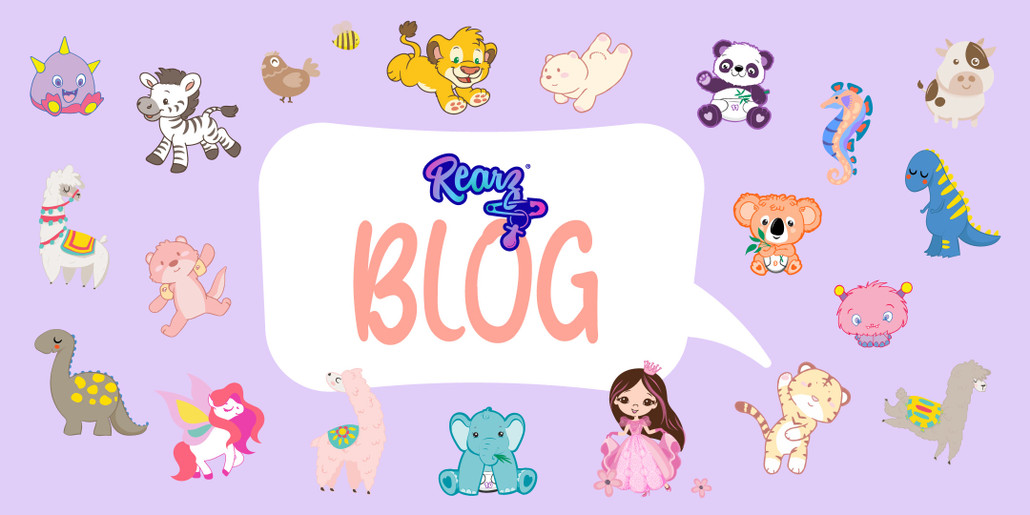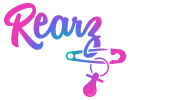
How Diet Impacts Incontinence
Posted by Kevin Pepper on 2020 Mar 27th
Good morning, good afternoon, good evening or good night, depending on when you’re reading this week’s blog entry. Welcome to the month of March! Did you know that March is nutrition month? So, for the month of March we will be addressing how nutrition affects incontinence and this week we will be talking about how diet impacts incontinence.
There is no special “diet” that can cure any type of incontinence. However, diet can influence your voiding patterns. There are symptoms you may be able to manage just by changing your diet. You may want to start a journal and keep track of your food and fluid intake and see if you are able to find any relationship between your intake and urination. Keep in mind that certain “natural” or “energy” supplements may also contain ingredients that can irritate the bladder, so make sure to read the labels carefully. You may want to see if eliminating one or all the items improves your bladder control.
If you’re like me, and you need coffee or tea in the morning to help you get going then this first one will be hard to hear. Caffeine is a powerful substance that can increase bladder activity. It is naturally present in coffee beans, tea leaves, and cocoa beans. Drinking pop, coffee, tea, eating foods, or consuming over-the-counter medications that contain caffeine may result in urgency, frequency, and/or incontinence. Studies have demonstrated that individuals with bladder symptoms who have reduced caffeine intake to less than 100mg/day noted improvement in symptoms. If you choose to limit products containing caffeine, do so slowly over a period of several weeks, as strong headaches may result during the withdrawal period. Alcohol has also been shown clinically to act as a bladder stimulant, triggering symptoms of urgency. In addition, it acts as a diuretic and may induce greater frequency of urination. Artificial sweeteners (sodium saccharine, acesulfame K, and to a lesser degree aspartame) have been shown in limited studies to negatively affect bladder function. In research, episodes of daytime frequency of urination, urgency, and nocturia all increased with the consumption of diet beverages compared to drinks with sugar or unsweetened.
Common Bladder Irritants Include:
Alcoholic beverages (liquor, beer, wine)
Artificial sweeteners
Carbonated beverages (pop with or without caffeine, seltzer water)
Chocolate
Citrus juice & fruits
Coffee or tea (even decaffeinated)
Corn syrup
Highly spiced foods
Honey
Medicines that contain caffeine
Milk or milk products
Sugar
Tomatoes or tomato-based products
The best beverage is water. A very thin slice of lemon (not enough citrus juice to irritate the bladder) may improve the taste of water enough that you will find it enjoyable. Grape juice, cranberry juice, cherry juice, and apple juice are thirst-quenchers that usually are not irritating to a normal bladder. Cranberry juice (or cranberry tablets) and cherry juice may help control urine odor.
Many people who have bladder control problems reduce the amount of liquids they drink in the hope that they will need to urinate less often. However, the smaller amount of urine may be more highly concentrated and more irritating to the bladder surface. Highly concentrated (dark yellow, strong smelling) urine may cause you to go to the bathroom more frequently. It also encourages growth of bacteria. When bacteria start to grow, infection sets in, and incontinence may be the result. It is recommended that you drink a total of six to eight glasses (8 oz. each) of fluid throughout the day. However, some studies have found that patients with Overactive bladder (OAB) who reduce their daily fluid and water-containing food intake by 25% have improved episodes of urgency, frequency, and nocturia. Do not restrict fluids to control incontinence without following the advice of your physician.
Some foods cause urine to smell bad or peculiar. The most notable of these foods is asparagus. Some other foods may affect the way your urine smells, also. Another cause of foul-smelling urine, and the most dangerous cause, is urinary tract infection. If you notice that your urine has a strong odor and you have not eaten any foods that would cause this, you should see a physician and have a specimen of your urine tested for infection.
Some medicines may cause your urine to be discolored or have an unusual odor. Some are medicines that you take for bladder inflammation or for urine tests. Others you take for separate health conditions. If your urine has a peculiar colour or odor, consult the pharmacist who filled your prescription.
Some foods and beverages are thought to contribute to bladder leakage. Their effect on the bladder is not always understood, but you may want to see if eliminating one or all the items listed improves your urine control.
Diet and Urinary Incontinence Symptoms
| Food or Drink | Effect on Incontinence | What to Do |
| Too much water or other fluid | Overfills the bladder. | Drink no more than 2 liters (about 2 quarts) of fluid a day. Drink most fluids during the daytime and limit fluids in the evening. |
| Too little fluid | Irritates the bladder. Promotes infection. |
Drink at least 1 liter (about 1 quart) of fluid every day. |
| Alcoholic beverages | Causes dehydration by increasing the amount of urine. Interferes with brain’s signals to the bladder about when to release urine. |
Cut down on or eliminate alcohol. |
| Caffeine-containing drinks and foods (such as coffee, tea, colas, or chocolate) | Stimulates the bladder. Act as diuretics, producing more urine. |
Reduce or eliminate caffeine from your diet. |
| Acidic foods and drinks (such as citrus fruits, coffee, tea, and tomatoes) | Irritates the bladder. | Cut down or avoid these items. |
| Carbonated drinks | Irritates sensitive bladders. | Use sparingly or not at all. |
| Spicy foods | Irritates the bladder. | Avoid these foods. |
| Sugar, honey, and artificial sweeteners | Irritate the bladder. | Limit your use of these foods, if possible. |
Medicine and Urinary Incontinence Symptoms
| Medicine | Effect on Incontinence | What to Do |
| High blood pressure medicine (diuretic ''water pills," calcium channel blockers, and others) | Some increase urine output. Some relax the bladder, allowing urine to escape. |
Let your doctor know that medication may be making incontinence worse. Ask your doctor if you can adjust the dose or switch to another medication to lower blood pressure. If you cannot switch or adjust medications, ask your
|
| Antidepressants, sedatives, and tranquilizers | Some hinder ability of the bladder to contract. Some decrease awareness of the need to urinate. (Note that some may improve incontinence symptoms.) |
Ask your doctor about switching to another medication or to another type of therapy to treat depression. |
| Muscle relaxants | Relaxes bladder muscles. | Use only if necessary. Ask your doctor about steps to limit incontinence side effects. |
| Sleeping pills | Reduces awareness that the bladder is full. | Explore alternatives to sleeping pills, such as exercising regularly or starting a bedtime ritual. |
If you suspect that any drugs are making incontinence worse, DO NOT stop taking the medication on your own. Rather, talk to your doctor about your concerns. Your doctor may be able to switch or adjust the medication to relieve these incontinence symptoms. In some cases, however, the benefit of the medication may be worth the increase in incontinence symptoms. If so, work with your doctor to find other ways to ease those symptoms.




